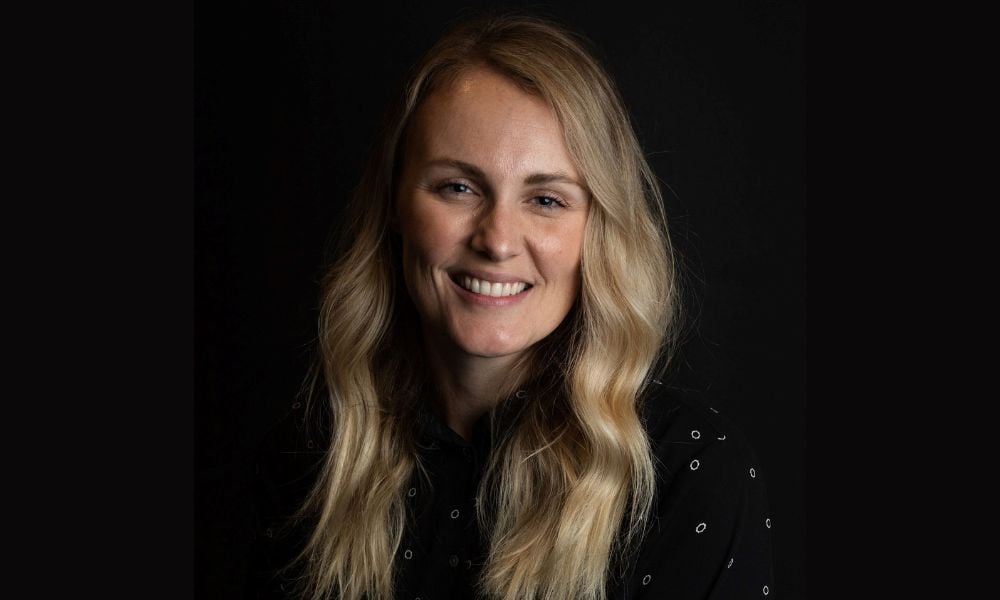
Publicis Groupe's Flexible Public Holidays policy aligns with DE&I strategy

As many across Victoria had time off work recently courtesy of the public holiday that marks Melbourne Cup Day, a number of Publicis Groupe’s employees chose instead to work their usual day and take alternative time off instead.
That’s possible due to the organisation’s Flexible Public Holidays policy, which has become a popular aspect of the group’s DE&I strategy across Australia and New Zealand, says Jessica Farrell, head of people & culture and DE&I ANZ.
The idea came about after studying the demographics of the team, says Farrell. “I’d been reflecting a lot on the fact that predominantly in Australia and New Zealand, our public holidays are aligned with the Christian calendar,” she says.
“We know when we're looking at the demographics of our people, that actually 30 to 40% of our employees were born overseas and there's a huge range of people who aren’t particularly religious as well.”
What Pubicis set out to do as a result was acknowledge that employees come from different backgrounds and celebrate different events in their home and with their families.
“With our diverse workforce comes a mix of nationalities, religions, cultures and beliefs, which means that different dates throughout the year are important to different people,” says Farrell.
The Flexible Public Holidays policy enables people to switch out those days and instead work, opting to take equivalent time off when it better suits their beliefs or priorities.
“Someone might choose to have Greek Easter, instead of Catholic Easter, for instance, or people might decide to have it because they want to support a march for trans rights, or promoting the referendum for Aboriginal Torres Strait Islander people.
“What we say is that we as a business don't decide what's important enough for people to swap the day with - that is up to them as individuals to decide. That's a really important component of the policy and part of our commitment to diversity and inclusion.”
While it doesn’t cover the December and early January public holidays as that’s the organisation’s end-of-year shut down period, Farrell says it’s now one of the most popular leave policies. Many relish the opportunity to work on a day they know there’re fewer distractions of phone calls and meetings – not to mention an easier commute for those heading into an office.
To manage logistics, employees formally apply in the payroll system for Flexible Public Holiday leave and inform their manager if they're choosing to work that day instead.
Getting Boardroom buy-in wasn’t at all difficult, says Farrell. “I personally had adopted it in one of the agencies I’d worked in the year prior, and then I'd come in at the group level and suggested adopting it.
“Ultimately the CEOs were very much aligned and for us as a business it’s a no-brainer because we pay the public holiday anyway whenever it’s taken, so why not let employees have an opportunity to decide what's important to them?”
As well as benefitting team members, Farrell says the policy aligns well with the organisation’s DE&I strategy.
“When you have employees who feel that they're seen and heard, and they can show up as their authentic self and talk about and celebrate things that are important to them, hopefully that means that we end up with more engaged people who are less likely to leave the organisation and who feel more fulfilled in their jobs and careers.”
In terms of attracting talent, the Flexible Public Holiday policy is a winner too, says Farrell.
“We know that younger people more than ever are demanding to work for a business that is really focused on DE&I efforts. They want to know what organisations are doing to make the world a better place, and more than ever, we get asked questions during the interview process about what we do in this type of space.
“The Flexible Public Holidays policy is one that we can talk to that's unique, but also suggests to an employee that they are able to be their whole self at work.”